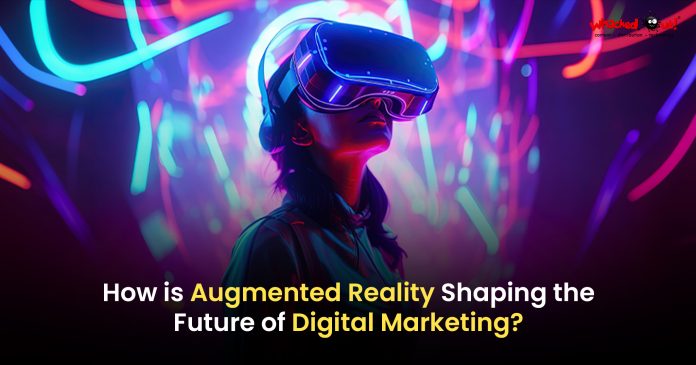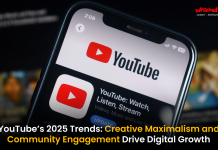Augmented Reality (AR) is revolutionizing the digital marketing landscape, offering brands innovative ways to engage consumers and enhance their marketing strategies. By blending digital elements with the real world, AR creates immersive experiences that not only captivate audiences but also foster deeper connections with brands.
Understanding Augmented Reality in Marketing
AR technology overlays digital information—such as graphics, sounds, and animations—onto the user’s real-world environment, typically through smartphones or tablets. Unlike Virtual Reality (VR), which immerses users in a completely digital realm, AR enhances the existing reality, making it more interactive and engaging. This capability allows brands to create memorable experiences that resonate with consumers, ultimately driving engagement and sales.
Key Applications of AR in Digital Marketing
1. Interactive Product Experiences
AR enables customers to visualize products in their own environments before making a purchase. For example, furniture retailers like IKEA and Wayfair offer apps that allow users to see how a piece of furniture would look in their homes. This enhances the shopping experience and helps customers make informed decisions, reducing the likelihood of returns.
2. Virtual Try-Ons
In the beauty and fashion industries, brands leverage AR for virtual try-ons. Christian Dior Parfums, for instance, launched an AR campaign that allowed users to try different lipstick shades using their smartphone cameras. This interactive feature significantly increased consumer engagement, with over 400,000 users participating during the campaign.
3. Enhanced Brand Storytelling
AR can bring brand narratives to life, making marketing campaigns more engaging. A notable example is the wine brand 19 Crimes, which uses AR to tell the stories of historical convicts on its labels. This innovative approach not only captures consumer interest but also enhances brand recognition and loyalty.
4. Event Marketing and Promotions
AR elevates event marketing by providing attendees with interactive experiences. For instance, StubHub has utilized AR to give ticket buyers a preview of their seats before purchase, enhancing the overall experience for participants.
5. Gamification and Engagement
Brands are increasingly incorporating gamification into their marketing strategies through AR. Interactive games and challenges attract consumers and encourage them to engage with the brand. The success of games like Pokémon Go demonstrates AR’s potential to create viral marketing campaigns that resonate with a wide audience.
Benefits of Augmented Reality in Marketing
Integrating AR into marketing strategies offers several advantages:
- Increased Engagement: AR captures consumer attention more effectively than traditional marketing methods, leading to higher engagement rates.
- Enhanced Customer Insights: AR allows brands to gather valuable data on consumer interactions, helping to refine marketing strategies and improve personalization.
- Accelerated Buying Process: By enabling customers to visualize products in real-time, AR can shorten the decision-making process, resulting in quicker purchases.
- Improved Brand Awareness: Unique AR experiences can attract new audiences and generate buzz around a brand, enhancing visibility in a competitive market.
Challenges of Implementing AR
Despite its benefits, integrating AR into marketing strategies presents challenges:
- High Development Costs: Creating effective AR experiences can be expensive, requiring specialized skills and technology that may not be accessible to all brands.
- Technical Issues: As a relatively new technology, AR can face technical difficulties that may frustrate users, potentially damaging brand trust.
- Need for Specialized Skills: Marketing teams may require training to effectively implement AR strategies, which can divert resources from other critical tasks.
Conclusion
Augmented Reality is reshaping the digital marketing landscape by providing brands with innovative ways to engage consumers and enhance their marketing efforts. As the technology continues to evolve, it presents endless possibilities for creating immersive and interactive experiences that resonate with audiences. Brands that embrace AR can differentiate themselves in a crowded marketplace, ultimately driving customer engagement and boosting sales. The future of AR in marketing is bright, as it continues to unlock new opportunities for brands to connect with consumers in meaningful ways.




